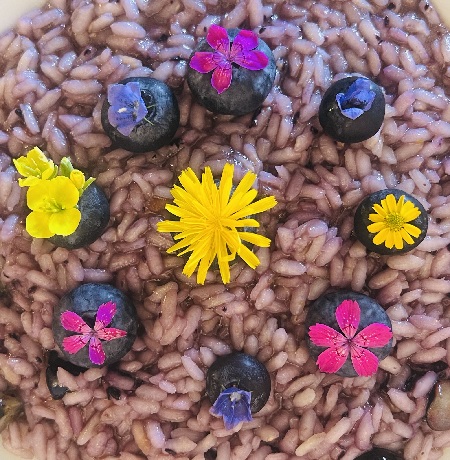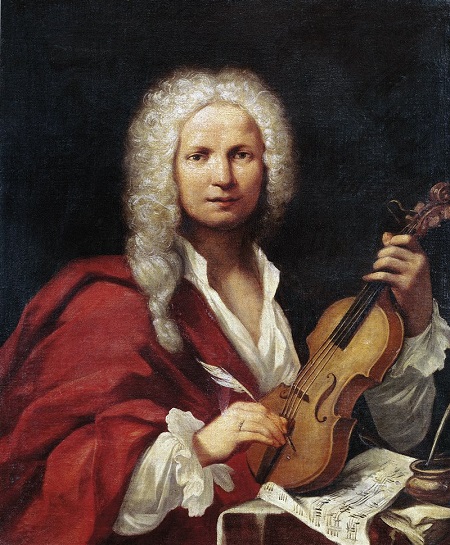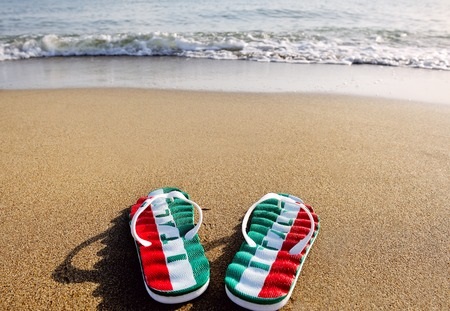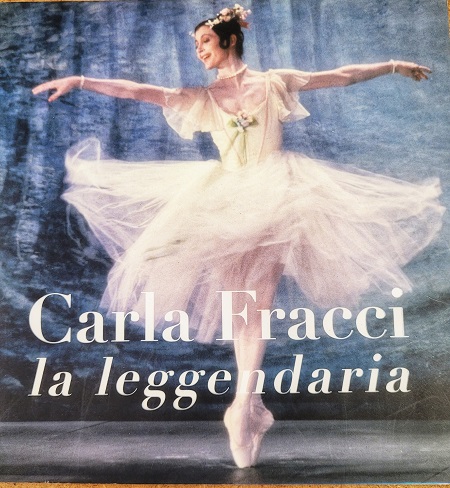
PROVERB:
“Chi trova un amico trova un tesoro.”
LITERAL TRANSLATION:
“He who finds a friend, finds a treasure.”
EXAMPLE SENTENCE:
“Actually, good friends are worth more than gold!”
Start your week off on the right foot!

PROVERB:
“Chi trova un amico trova un tesoro.”
LITERAL TRANSLATION:
“He who finds a friend, finds a treasure.”
EXAMPLE SENTENCE:
“Actually, good friends are worth more than gold!”
Start your week off on the right foot!

Chi ama cucinare cura la scelta degli ingredienti, seleziona i più adatti e li rispetta per le loro peculiarità.
E, dopo aver cucinato, non può resistere a guarnire e abbellire un piatto, non solo per gli ospiti o i familiari che lo gusteranno, ma anche per il proprio piacere.
Ti piace mangiare qualcosa che sia tanto buono quanto bello?
Those who love to cook take great care in the choice of ingredients, select the most suitable ones and respect them for their peculiarities.
And, after cooking, they cannot resist garnishing and embellishing a dish, not only for the guests or family members who will enjoy it, but also for their own pleasure.
Do you like to eat something that is as good as it is beautiful?
To practice Italian this week we invite you to read and cook…
PRACTICE HERE: Italian/English Version

Molti studenti hanno problemi con la pronuncia di alcuni suoni italiani.
In questa attività esamineremo i suoni GN e GL.
Papa Francesco è argentino ma il suo cognome, BergoGLio, è italiano, di provenienza del Piemonte.
Puoi pronunciare il coGNome di Papa Francesco?
Many students have problems with the pronunciation of certain Italian sounds.
In this activity we’ll review the sounds GN and GL.
Pope Francis is Argentinian but his surname, BergoGLio, is Italian, originally from Piedmont.
Can you pronounce the surname of Pope Francis?

In Italia l’amicizia è un aspetto fondamentale della vita. Con gli amici si condividono gioie e dolori. Ci si aiuta e ci si supporta.
L’origine, (l’etimologia), della parola “amico” deriva dal verbo “amare”, ma non nel senso di “innamoramento”; nel senso di voler bene in maniera disinteressata.
Qual è la vera amicizia per te?
In Italy friendship is a fundamental aspect of life. With friends we share joys and sorrows. Friends help and support each other.
The origin (etymology) of the word “amico” (friend) comes from the verb “amare” (to love), not in the sense of “passionate love” but in the sense of loving in an unselfish manner.
What is true friendship for you?
To practice Italian this week we invite you to read…
PRACTICE HERE: Italian/English Version
Picture from the movie: Turné by Gabriele Salvatores

Cosa ha a che fare il grande musicista italiano Antonio Vivaldi con il tempo e le stagioni?
Vediamo!
Nel frattempo, puoi rispondere alle seguenti domande?
Quale stagione preferisci?
L’autunno, l’inverno, la primavera o l’estate?
Perché?
What does the great Italian musician Antonio Vivaldi have to do with weather and seasons?
Let’s see!
In the meantime, can you reply to the following questions?
Which season do you prefer?
Autumn, winter, spring or summer?
Why?
Picture from Wikipedia.org

In Italia è maleducazione chiedere o dire l’età di una donna e noi non divulgheremo l’età di Sofia!
Tuttavia celebriamo la sua età e soprattutto il buon senso e l’equilibrio con cui questa favolosa diva ha sempre gestito la sua vita e ora accetta le rughe con grazia.
E tu? Hai paura di invecchiare? Qual è il senso della vita per te?
In Italy, it is considered impolite to ask or tell a woman’s age, and we won’t disclose the age of the great Sofia Loren. Nevertheless, we celebrate her age and, above all, the wisdom and balance with which this fabulous diva has always managed her life and now embraces wrinkles gracefully.
And you? Are you afraid of getting older? What is the meaning of life for you?
To practice Italian this week we invite you to watch…
PRACTICE HERE: Italian/English Version
Image source wikipedia.org

ESTATE: sicuramente un momento interessante per andare in Italia. Alcuni ti diranno che la primavera è meglio, perché è meno calda, meno affollata e i prezzi sono più bassi. Probabilmente hanno ragione ma se vuoi vedere l’Italia nel suo aspetto più estremo, prenota una lunga, calda, indimenticabile vacanza estiva.
Ti piace l’estate?
Preferisci l’inverno?
ESTATE: “summer”. Surely an interesting time to go to Italy. Some will tell you that spring is better, because it is less hot, less crowded and prices are lower. They are probably right but if you want to see Italy in its most extreme aspect, book a long, warm, unforgettable summer vacation.
Do you like summer?
Do you prefer winter?
(Image credits 123rf.com)

“Essere in alto mare” è un’espressione idiomatica che significa “essere lontani dalla soluzione, avere ancora problemi”.
Sei in alto mare con la pronuncia italiana?
Ti piace esercitare la pronuncia italiana?
“Essere in alto mare” (being on the high seas) is an idiom that means “to be far from the solution, to still have problems.”
Are you on the high seas with the Italian pronunciation?
Do you like to practice the Italian pronunciation?

Cantare è uno dei metodi migliori per praticare l’ascolto e la pronuncia italiana.
Cantare all’aperto ci permette di usare tutta la potenza della nostra voce, superando la timidezza del “farci sentire”.
Hai mai cantato davanti al mare?
Singing is one of the best ways to practice Italian listening and pronunciation.
Singing outdoors allows us to use the full power of our voice, overcoming the shyness of “making ourselves heard.”
Have you ever sung in front of the sea?
To practice Italian this week we invite you to sing…
PRACTICE HERE: Italian/English Version

Un abbigliamento perfetto esalta le caratteristiche del fisico e dell’anima di una persona, rendendola affascinante e indelebile nella memoria di chi guarda.
L’abito giusto può fare la differenza fra l’essere notati o no.
Quale artista non vorrebbe avere un costume di scena perfetto?
Ti piace farti notare per il tuo abbigliamento?
The perfect outfit enhances the physical and spiritual characteristics of a person, making them charming and unforgettable in the memory of those who look at them.
The right attire can make a difference between being noticed or not.
Which artist wouldn’t want to have a perfect stage costume?
Do you like to stand out with your clothing?
Image courtesy of Maria Colantonio archives. All rights and credits reserved to respective owner/s. CyberItalian does not own the right to this image.